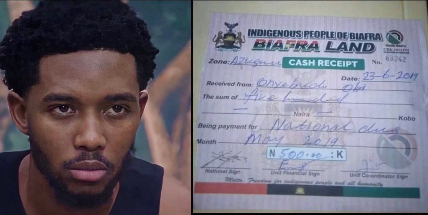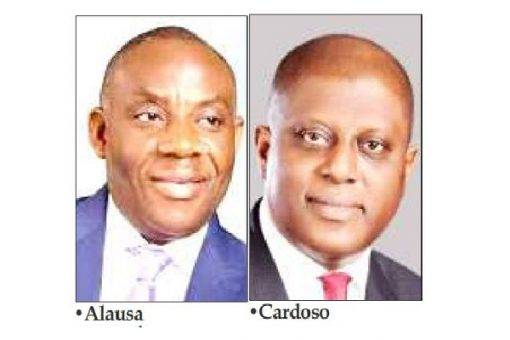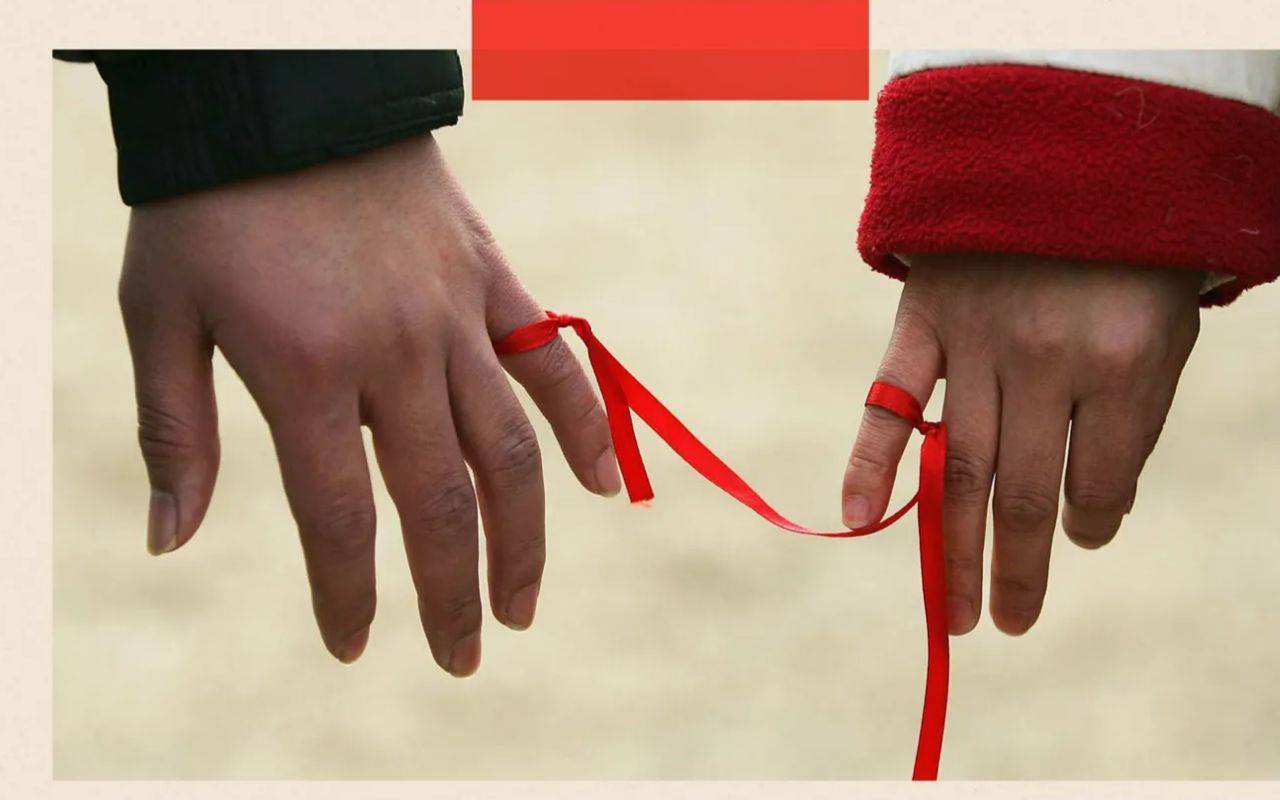By Victor Opatola
The Central Bank of Nigeria (CBN), in accordance with its mandate to promote a sound financial system in Nigeria and in exercise of its powers under section 12 of Banks and Other Financial Institutions Act 2020 (BOFIA), recently revoked the licence of Heritage Bank PLC. According to CBN, the revocation was due to the inability of the management of Heritage bank to improve the bank’s financial performance and its breach of BOFIA.
Furthermore, the Nigeria Deposit Insurance Corporation (NDIC) was appointed as the Liquidator. This publication aims to provide a comprehensive guide for depositors to understand what happens during such events, the role of the Nigeria Deposit Insurance Corporation, and the implications for insured and uninsured depositors.
Bank Failure: A bank failure occurs when a financial institution becomes insolvent and is unable to meet its obligations to depositors and creditors. This can result from various factors, including poor management, inadequate capital, excessive risk-taking, and economic downturns.
The Central Bank under the Banking and Other Financial Institutions Act has the powers to withdraw the license of a bank, once withdrawn, such bank is taken to have failed.
Section 55 of BOFIA states that where a license of a bank has been revoked the assets of such bank shall available to meet all Deposit liabilities of the bank and the deposit liabilities shall take priority over all other liabilities incurred by the bank.
Role of the NDIC: The Nigeria Deposit Insurance Corporation (NDIC) is the only body responsible for insuring deposit liabilities or guarantee payments to depositor, of insured institutions, protecting depositors and ensuring financial stability in Nigeria.
It insures depositors’ funds, up to a certain threshold, to minimize the financial loss to individuals in the event of a bank failure.
Furthermore, the NDIC has the express mandates on the liquidation of any failed banks in Nigeria, this role is crucial because bank failures can erode confidence, trigger bank runs, result in the loss of life savings, and threaten the stability of Nigeria’s banking system. (See section 55 NDIC Act and 12 BOFIA)
Apart from NDIC’s role as Deposit Insurer, it also has the role of a liquidator under the Law. According to Blacks Law Dictionary6 a liquidator is a person appointed to carry out the winding up of a company. According to section 57(2) and 62 the powers of the NDIC as Liquidator is to realize assets of the failed bank, enforce individual liabilities of shareholders and directors, pay claims, defend action and others.
After the CBN revocation of a bank’s license NDIC is obligated to immediately apply to the Federal High Court to start the winding up process.
Key Points for Depositors of a Failed Bank are: Understanding Deposit Insurance: Deposit insurance is a system in which a government or another institution guarantees a certain amount of deposits held by individuals in banks. In Nigeria, the NDIC provides this insurance. It is a financial guarantee to bank depositors, particularly, the small ones in the event of a bank failure.
Insured vs. Uninsured Depositors: Insured Depositors: An insured depositor is one whose deposits are covered by the NDIC up to a certain limit.
Uninsured Depositors: An uninsured depositor is one whose deposit is above the NDIC insured limit. The difference between the insured amount and the balance left uninsured will be subject to the liquidation process.
This means that where a bank depositor has 100 million naira in his bank account and the bank’s license is revoked; the NDIC paid 5 million Naira (which is the insurance threshold) out of the 100 million Naira, then the balance of 95 million Naira will be paid out of liquidation after the bank assets has been sold. The recovery of these funds depends on the value realized from the bank’s assets.
As of recent updates, the NDIC insures bank deposits. The maximum deposit insurance coverage for depositors of Deposit Money Banks (DMBs) has increased from N500,000 to N5,000,000; Microfinance Banks (MFBs) from N200,000 to N2,000,000; Primary Mortgage Banks (PMBs) from N500,000 to N2,000,000; Payment Service Banks (PSBs) from N500,000 to N2,000,000 and subscribers of Mobile Money Operators (MMOs) from N500, 000 to N5,000,000 per subscriber, aligned with DMBs’ coverage level.
This means that if a bank fails, each depositor will be reimbursed up to these limits regardless of the total amount of deposits held in the bank. If a depositor fails to claim their insured deposit within this timeframe, or fails to arrange for the transfer of their deposit to a new bank or liability holder, their rights against the failed bank, its shareholders, or the receivership estate revert to the Corporation. (See sections 28, 30, 68, 99 of NDIC Act 2023)
What Happens to Insured Depositors? When a bank fails, the NDIC steps in to ensure that insured depositors are compensated up to the insurance limit. This process typically involves:
Verification of Claims: The NDIC will verify the claims of depositors to ensure that the amounts claimed are correct and within the insured limit.
Pay-outs: Insured amounts are paid out to depositors, usually through an alternative bank account that the depositor must provide.
Section 28(1)(a) of the NDIC Act mandates that payment to insured Depositors shall be made within 30 days the NDIC’s appointment as liquidator. Provided that where an insured institution has suspended payment or is otherwise unable to meet its obligation to depositors for 90 days, payment of insured deposit shall only be made with he concurrence of the Central Bank of Nigeria.
Upon NDIC’s 3-month notification to depositor to claim insured deposit, such depositor have six years from the date of notification to claim their insured deposits. Failure to claim such deposit within six years amount to lose of right to those funds. The unclaimed money will go to the Corporation. Furthermore, a depositor cannot sue for the NDIC in respect of its obligation to make payment after 6 years.
Where the NDIC is not satisfied as to the validity of a claim for an insured deposit, it will need the order of the Court before making such payment.
What Happens to Uninsured Depositors? Uninsured depositors will only receive payments after all insured deposits have been fully settled and the assets of the failed bank have been liquidated. The NDIC aims to realize the maximum possible value from the bank’s assets, which are then distributed to meet various claims. However, this process is not an instant one, it may take many years before uninsured depositors are paid and actual recovery is not always certain in all cases, sometimes resulting in partial payments to uninsured depositors .
The NDIC can make interim payments to depositors using money from the sale of the failed institution’s assets after insured deposits have been paid. NDIC can also make advance payments of these interim dividends even if the money doesn’t come from the sale of the failed institution’s assets or without having sold the assets yet, but only if certain conditions are met:
Conditions for Advance Payments:
Estimation of Asset Value: NDIC must be able to reasonably estimate the value of the failed institution’s assets.
Full Reimbursement: The estimated amount of the advance payment, including interest (not higher than the current Monetary Policy Rate), must be fully covered by the estimated value of the assets.
No Significant Fraud: The failed institution must not have significant cases of embezzlement, fraud, or other abuses with losses that are hard to determine.
Payment Limit: The advance payment made by the Corporation must not exceed 30% of the total amount of uninsured deposit claims.
Instances of Full payment for Uninsured Depositors
It is good to note that there have been previous exemplary cases of Full Recovery and full payment of uninsured depositors of liquidation dividend, where eleven banks stood out for their exemplary resolution efforts, declaring a final dividend of 100 percent of total deposits. These institutions, including ABC Merchant Bank Limited, Nigeria Merchant Bank Ltd., and Premier Commercial Bank Ltd etc showcased a dedication to depositor welfare, ensuring full recovery of deposits.
Payment of Uninsured Depositors
Liquidation Dividends: The NDIC will attempt to recover and liquidate the failed bank’s assets. Uninsured depositors can then receive a portion of these recovered funds as liquidation dividends. The actual amount received depends on the extent of the bank’s asset recovery. It’s important to note that liquidation dividend represents the amount in excess of the insured sums paid by the NDIC to depositors of a closed bank. This amount is derived from recoveries made from the realization of assets of failed financial institutions and covers payments to creditors and shareholders after the full payment to depositors of the defunct bank.
Claims Process: Uninsured depositors must file claims with the NDIC to be considered for any additional pay-outs from the liquidation process. As earlier said, this process is not instant and it takes a while.
Distribution of Realized Amounts
NDIC Payment:
NDIC gets a part of the money realised from selling the failed bank’s assets to repay itself for the insured deposits it already paid to depositors of the failed bank. This is because the Corporation took over the depositors’ right to get that money back.
Pay Dividends:
It can pay dividends on verified claims after the advertisement period ends. The Corporation won’t be liable if it fails to pay dividends to claimants who haven’t proved their claims.
Judgement Debt:
Any judgment debt against the failed institution or the Corporation (acting as liquidator) that isn’t appealed will be treated as an unsecured creditor claim. This will be managed according to the Corporation’s rules and regulations for claim payments.
Creditor Claims:
A depositor who also has a judgment debt must choose to file their claim either as a depositor or as a creditor.
If they provide a certified copy of the judgment, they will be considered a judgment creditor.
Interest on any judgment debt against the failed institution stops accruing from the date the Corporation starts the liquidation process. (See section 57 NDIC Act 2023)
Rights of Insured and Uninsured Depositors
Claim Submission
Both insured and uninsured depositors must submit their claims to the NDIC for verification.
Payment System
Insured Depositors: Payments are made up to the threshold set by the NDIC. Insured depositors have the right to receive payment within three months.
Uninsured Depositors: Payments are made on a pro-rata basis depending on the funds realized from the liquidation of the failed bank, considering the claims of other uninsured depositors.
Right to Sue
If a depositor is aggrieved by the act or decision of the liquidator, they may apply to the court for an order. The court may confirm, reverse, or modify the liquidator’s decision. This right applies to both insured and uninsured depositors.
Transparency and Information
Depositors are entitled to transparency, notice, and information regarding the liquidation process.
Fair Treatment in Payment of Claims
Both insured and uninsured depositors should receive fair treatment in the payment of claims.
Practical Steps for Depositors with Large Balance are:
Review NDIC Insurance Limits: Understand the insurance limits provided by the NDIC.
Seek Professional Advice: If you have significant assets, consider consulting with a professional for guidance.
Choose Strong Banks: Prioritize placing funds in well-established, financially stable banks with a solid reputation. Research banks’ financial health, ratings, and stability indicators.
Consider Multiple Accounts: Depositors with large balance, should consider spreading it across different viable and strong banks, thereby reducing risk while maintaining convenience.
Diversify Investments: Explore alternative investment options beyond traditional savings accounts.
Stay Informed: Keep yourself updated on economic trends, regulatory changes, and news related to the banking industry. Stay alert to any signs of instability in your bank or the broader financial system.
Monitor Your Accounts: Regularly review your account statements and transactions for any unusual activity will prompt you of any likely danger.
Conclusively, bank failures, while deeply problematic, sometimes happen in financial ecosystem. Depositors must have good understanding of their rights, the insurance mechanisms in place, and the steps they can take to safeguard their funds. Understanding the roles of the NDIC, the CBN, and the legal frameworks governing banking operations can empower depositors to make informed decisions and navigate the complexities of a bank failure.
•Opatola, legal practitioner can be reached via: Victor@legalifyattorneys.com














